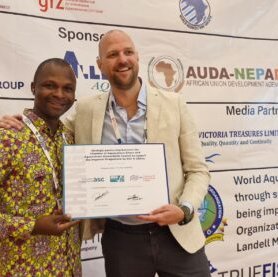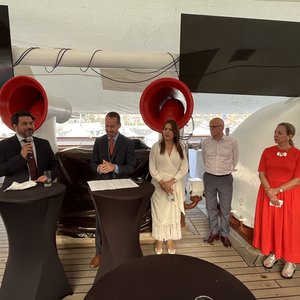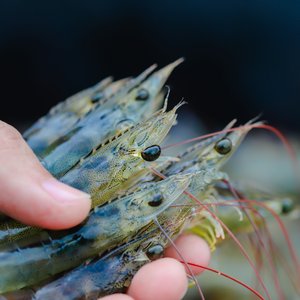Gills, skin and intestines are barriers that protect fish from their environment and help maintain their health. An important issue that needs to be addressed is how feed composition affects the functioning of these barriers in farmed salmon. A major, new, multidisciplinary project has recently been launched, the title of which is “The importance of nutrition for skin, intestine and gill health in salmon.”
Nofima Scientist and Project Manager, Gerd Marit Berge, is working with a broad team of researchers on feed, nutrition, health and physiology to examine the connection between marine omega-3 fatty acids (EPA and DHA) in feed and the properties of barrier tissue.
“This project is based on exciting discoveries made in earlier research where we saw that levels of EPA and DHA, as before, were considered to be safe yet produced health problems in fish in challenging environmental conditions. We hope to find answers as to why this is the case,” says Gerd Marit Berge.
The previous findings show that low levels of marine omega-3 fatty acids affect the composition of membrane lipids in the intestines and skin, and scientists have also seen structural (morphological) changes in the tissues of fish.
All tissues in fish that form barriers against the external environment must be robust, intact and capable of functioning normally in challenging conditions.
The aim of this project is to research whether levels of omega-3 fatty acids DHA and EPA, together with modified zinc levels, affect the functioning and robustness of the skin, intestines and gills of salmon. It is known that zinc is an important mineral in, for example, wound healing processes. Our aim is to examine how changes in feed composition affect the three barrier tissues.
The researchers taking part in the project aim to obtain knowledge about the importance of omega-3 fatty acids and zinc for barrier tissue function and robustness in salmon. If put into use, it may produce an improvement in the health of fish and ensure a higher survival rate. In previous projects funded by the Fishery and Aquaculture Industry Research Fund it has been estimated that, from release to slaughter, around 10 to 20% of all farmed salmon in Norway is lost.
“We hope our research will produce knowledge that can help us reduce that figure,” says Berge.
The University of Gothenburg and Oslo University Hospital are project partners with Nofima. The duration of the project is 2½ years. The Fishery and Aquaculture Industry Research Fund (FHF) is funding the research project.
Learn more about Nofima










